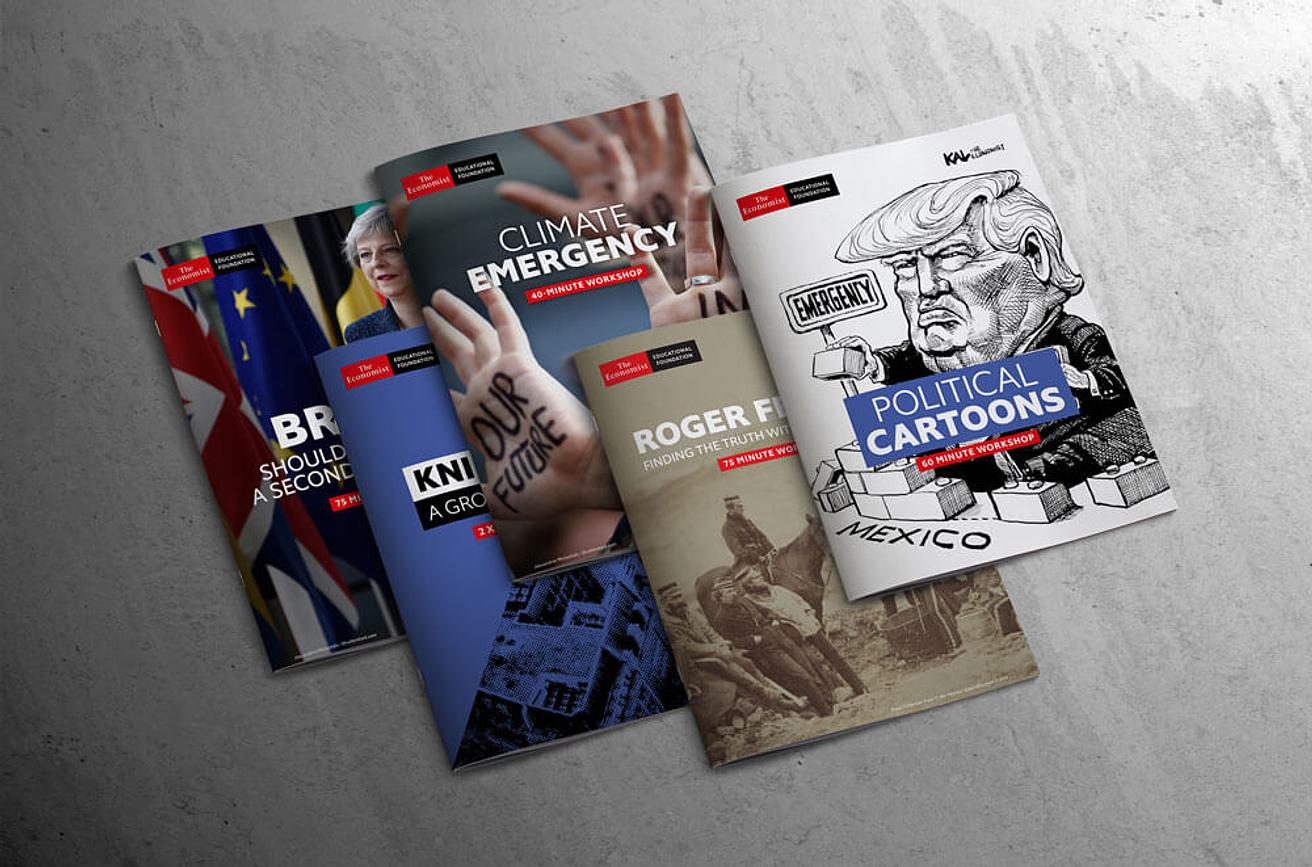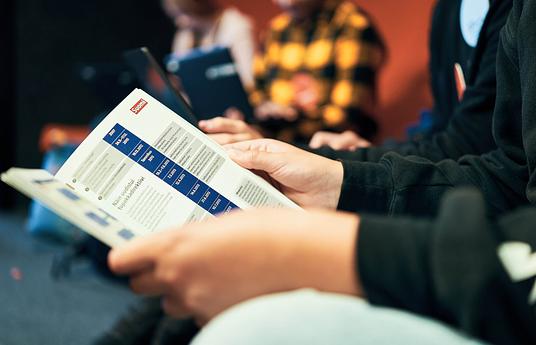In the UK, schools are using a form of VLE (e.g. Firefly, Edmodo, Airhead) to send work home. Teachers are setting tasks and using an instant messaging service to answer students’ questions. Worksheets are also being widely used to set students' tasks but maintaining education quality for schools is a major challenge.
Schools have sent lists of tips for working from home to try and keep attainment high and using social media platforms, such as Twitter, to offer activities parents can do with their children.
In the current reality, teachers have acknowledged that they are facing really difficult circumstances and are struggling to maintain quality. They are especially worried about the gap widening for disadvantaged students. Although the sector has been responsive and supportive to teachers, parents and students as a whole, it is a very challenging time.
At the Economist Education Foundation, we have found a new kind of responsibility to help young people to keep learning while schools are closed. We are also committed to helping them understand this scary and misinformation-plagued news story, in a way that aids rather than harms their wellbeing. We pride ourselves on creative responses to serious problems, and in the last few weeks, we have been:
Creating high-quality home learning resources
They enable young people to build essential knowledge and critical thinking skills through our brand of thoughtful exploration of news stories. Young people can use the resources for working alone or with siblings, or to spark inspiring discussions as a family. We have launched a weekly bulletin to share these resources with parents and teachers anywhere in the world for free. You can sign up to it here.
Helping young people to understand the coronavirus crisis
We have created a free learning resource that helps young people to think critically about what they hear about Covid-19. We’re also providing a lot of content for Burnet News Club students on the programme’s online Hub, including:
- A daily update on the coronavirus, as part of our six-week online discussion between schools about the NHS and public healthcare.
- Responding to every virus-related comment from young people on the Hub.
- Publishing content about our own responses to the virus, to make it less scary by putting a human face to the advice.
- Covering positive responses to the virus and a wide range of positive news stories about other things that are still happening in the world.
Increasing activities for young people on our online learning platform
We are inviting more experts to answer young people’s questions and providing more interactive activities, quizzes and competitions.
Exploring ways to support teachers while schools are closed
We’re in close contact with teachers to understand what they might need as they find new ways of teaching, whether that is support with facilitating thoughtful discussions about the news online, or offering online teacher CPD, for example. We’re optimistic that by seeking innovative ways to help teachers now, we might develop activities that we retain once things return to normal. Explore our training here.
There are also some other great online learning resources and apps which we would recommend. For example, BrainPop, Tynker, Creative Bug, and of course BBC Bitesize. Although not new, they are becoming increasingly important as learning moves online. The Royal Astronomical Society has also led fortnightly educational and outreach sessions for young children on the solar system.
For more articles, innovations & resources, head to our Coronavirus Toolkit especially designed to support educators & parents during this COVID-19 outbreak.






